
returns to education
-
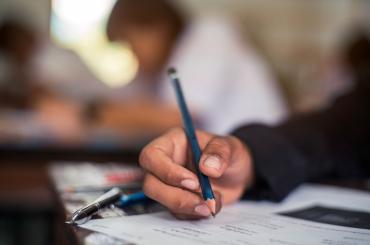
What do we know about literacy learning in adulthood?
To be more effective, adult literacy programmes need to incorporate the neuroscience of how adults learn and how this differs from children.
-

Higher education in low- and middle-income countries
What do we know, and what do we need to know, about higher education in low- and middle-income countries?
-
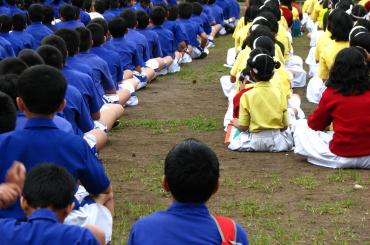
Educational disparities between children begin at home
Evidence from India shows that inequality between children starts at home, when parents decide how to split investments in education between their children
-
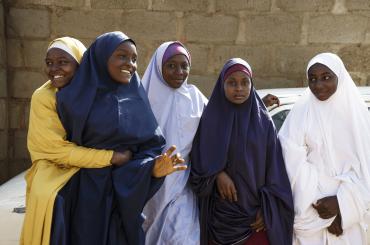
Local solutions for combatting child marriage in Northern Nigeria
A community-led intervention in Northern Nigeria significantly reduced rates of child marriage in adolescent girls by changing entrenched, normative behaviour
-
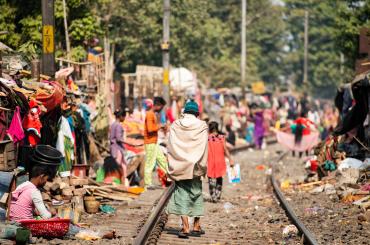
How does microenterprise growth impact child outcomes?
Enterprise growth for small businesses in India led to schooling gains for children of literate parents but schooling losses for children of illiterate parents, lowering relative intergenerational mobility
-
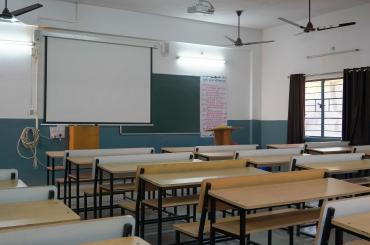
What are the long-term returns to large-scale education expansions?
Expanded public schooling in India increased education and earnings for students in targeted regions, but estimates of this effect are dampened when accounting for broader economic changes
-

Using information to foster parental engagement in education: Evidence from Colombia
Parents respond to information by increasing their educational investment, but this initial response decays unless report cards are sustained
-

Caste, identity, and worker productivity in India
While caste-based occupations may hold 'productivity benefits', removing the discriminatory links between low castes and work brings even larger gains
-

Risk and schooling investments: Evidence from India
An increase in risk can reduce the probability of a child attending school by 4–5%